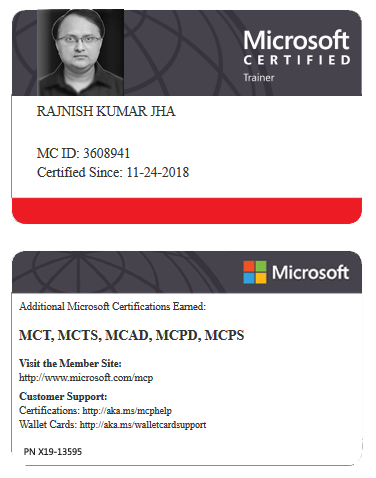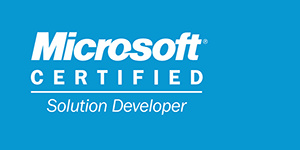Introduction to Agent Pools in Azure DevOps
Agent pools are a foundational concept in Azure DevOps that help manage and share agents across projects and pipelines. They enable efficient use of build and release resources by organizing agents into logical groupings.
What is an Agent Pool?
An agent pool is a collection of build and deployment agents in Azure DevOps. Agents are the workers that execute the tasks defined in a pipeline. The pool acts as a centralized resource, allowing multiple pipelines to share and use agents efficiently.
Types of Agents in a Pool
Microsoft-hosted Agents:
Pre-configured virtual machines provided by Azure DevOps.
Automatically scaled and maintained by Microsoft.
Available in predefined agent pools like
Azure Pipelines.
Self-hosted Agents:
Machines you manage and configure to run build and deployment tasks.
Can be added to custom agent pools for tailored workflows.
Useful for environments requiring specific configurations, tools, or security constraints.
How Agent Pools Work
Job Assignment:
When a pipeline runs, it requests an agent from a specified pool.
The pipeline is queued until an agent becomes available.
Agent Selection:
The first available agent in the pool that meets the pipeline's requirements is selected.
Requirements can include OS type, software capabilities, or environment variables.
Concurrency:
Multiple agents in a pool allow pipelines to run concurrently.
Pipelines are queued if all agents in a pool are busy.
Advantages of Using Agent Pools
Resource Sharing: Share agents across multiple pipelines and projects for cost and resource efficiency.
Centralized Management: Manage all agents and their configurations from a central location in Azure DevOps.
Custom Configurations: Use self-hosted agents for customized environments and specific toolchains.
Security: Restrict access to agent pools based on project or team needs.
Agent Pool Scenarios
Microsoft-hosted Pools:
Ideal for quick and easy CI/CD setups.
Great for cloud-native applications and general development needs.
Custom Self-hosted Pools:
Deploy self-hosted agents to specific environments (e.g., on-premises servers, private clouds).
Tailored for applications with strict compliance, security, or dependency requirements.
Key Configuration in Azure DevOps
Default Agent Pool:
A pre-configured pool (Azure Pipelines) for all Microsoft-hosted agents.Custom Agent Pools:
Created for organizing self-hosted agents based on project, team, or environment needs.Access Control:
Define security policies to control which projects or users can access a particular agent pool.
Steps to Set Up an Agent Pool
Navigate to Agent Pools: In Azure DevOps, go to Organization Settings > Agent Pools.
Create a New Pool (for Self-hosted Agents): Click New Agent Pool, assign a name, and set permissions.
Add Agents:
For Microsoft-hosted agents, no action is needed—they're pre-configured.
For self-hosted agents:
Install the Azure Pipelines agent software.
Configure the agent to connect to the desired pool.
Summary
Agent pools in Azure DevOps are critical for managing the execution of pipeline tasks efficiently. They allow flexibility in resource allocation, support for custom environments, and seamless scaling of CI/CD workflows. Whether using Microsoft-hosted or self-hosted agents, agent pools ensure pipelines run smoothly and securely.






















Leave a Reply